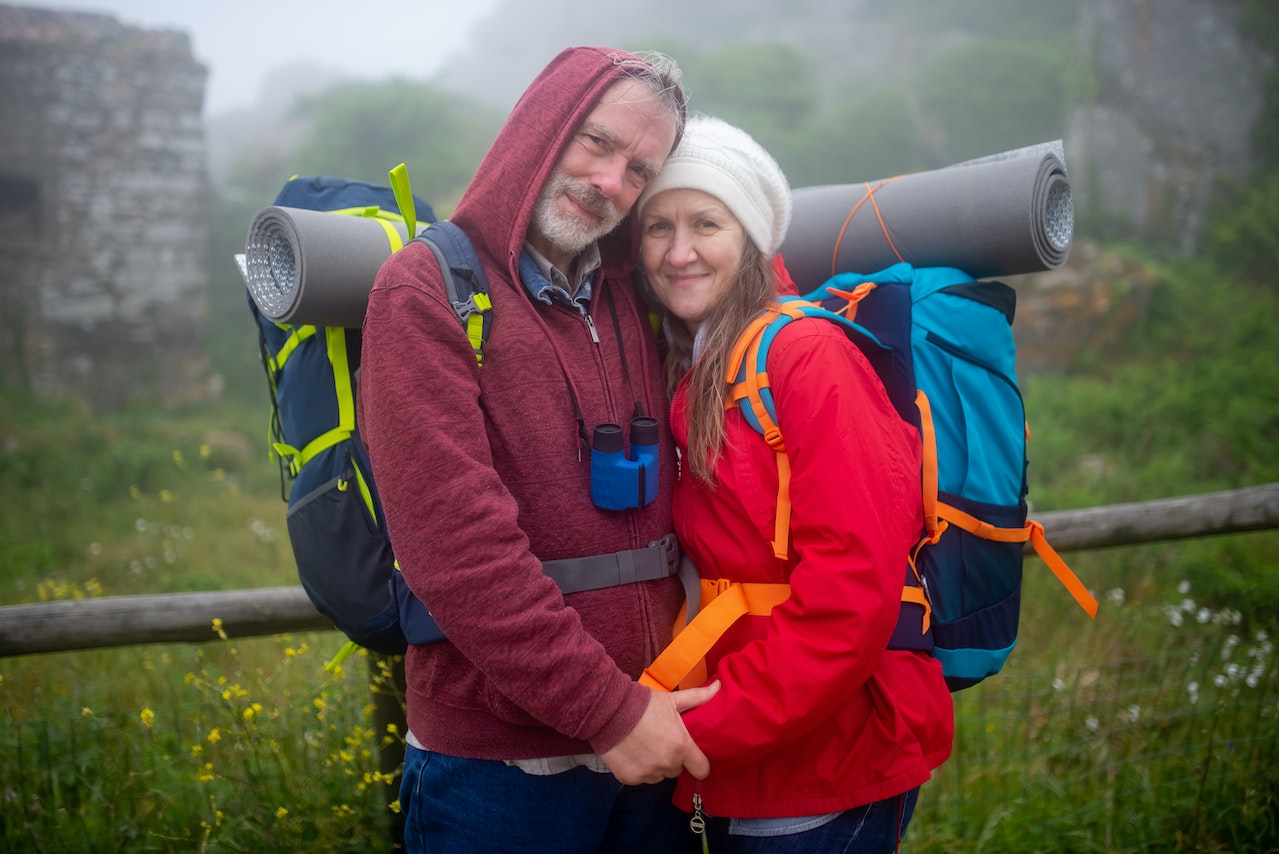Benefits of Having Country Information Before You Travel


When making arrangements for your first trip abroad, you should conduct extensive study in addition to the introductions and resources provided by your program. It would be best to learn about that nation by visiting message boards or Facebook groups for your program and speaking with individuals who have previously visited there.
Always check with your program first to see if they can supply you with accommodations such as lodging and meals. Find out if you should convert any currencies before visiting, what the local conventions and traditions are to gain a sense of the culture, and learn the basics of the language(s) spoken there. Fortunately, some apps can assist you in simply translating languages, such as the Google Translate App. Always strive to be as understanding of other people’s cultures as possible.
If you plan on traveling, one of the first things you should do is obtain Bahrain country information. It is because you will need to know whether there are any health risks and safety and security issues.
Safety and Security
One reason for studying before traveling overseas is to be prepared and have an open mind to prevent disappointment. Determine your degree of comfort. Can you deal with poor traffic, pollution, waste, new landscape, poverty, or language barriers? Do you enjoy visiting mountains, cities, or beaches? Your expectations will remain reasonable if you investigate the options and sorts of places you’ll encounter when traveling overseas.
When visiting a new nation, you must be vigilant about your safety. Your program will most likely go through catastrophes and other emergency safety practices with you, but having street-smart information is also essential. To avoid pickpockets, keep your senses alert at all times. As you stroll around, keep your bags and wallets safe. Avoid wearing anything overly extravagant, and keep your money in your pocket when strolling. If at all feasible, keep your credit cards in a safe with your other valuables.
Wandering around an unfamiliar area, along with the language barrier, can make things feel more awkward and put you in danger of “wrong place, wrong time” problems. To avoid fraud, ensure you have your airline schedules, information for the hotels you’ll be staying in, and tour guides booked ahead of time. Share this information with a trustworthy family member or friend so that someone knows where you’re supposed to be in case something goes wrong.
If you’re traveling to a country for business or pleasure, you may wonder if it’s safe. The good news is that plenty of safety and security measures are in place to keep you and your loved ones safe while you’re out there. However, it’s still best to be aware of your surroundings and what you should beware of.
There’s a lot of information, so be sure to read up on the relevant things to your specific travel needs. It’s also a good idea to learn about the various security measures at your destination. For example, some countries have centralized registration for travelers and tourists. You can add your name to this list by contacting the appropriate office or department.
A formal threat assessment will allow you to identify the riskiest destinations and make smarter decisions. You’ll also be better prepared to take measures to mitigate the risk. Aside from identifying the apparent dangers, you’ll need to consider personal discretion and insurance.
For instance, one of the best ways to do that is by participating in a Smart Traveler Enrollment Program. It is a free service provided by the U.S. Department of State that notifies you when you’re in the vicinity of a suspected terrorist threat. Among other things, it also allows you to register your travel plans with the state.
Health risks
Before you go overseas, it is essential to make sure you know the health risks of visiting that country. Several diseases are easy to contract in countries where healthcare is not as advanced. It can make the trip more difficult and could result in a severe illness. Fortunately, there are steps you can take to prevent infections.
You should contact your healthcare provider or travel clinic at least four to six weeks before your trip to find out what immunizations and other precautions you will need. If you have a chronic condition or are traveling to a region that may not have adequate health services, you should consult a healthcare specialist.
For more information on the health risks of traveling to a particular destination, check out the CDC’s website or the World Health Organization’s page. The CDC lists the infectious diseases in the country and gives recommendations for vaccines and other preventative medications.
There are also specific health requirements for each country. In some cases, proof of vaccination is required.
Traveling to a malaria-risk area requires unique clothing and antimalarial drugs. Also, be careful of your food and drink. Food and water in developing nations may not be sterile and can cause stomach problems.
If you are going to a country with a rabies virus, you should contact a doctor to be vaccinated. Getting rabies is very dangerous.
- 2680
- 0

0 Comments